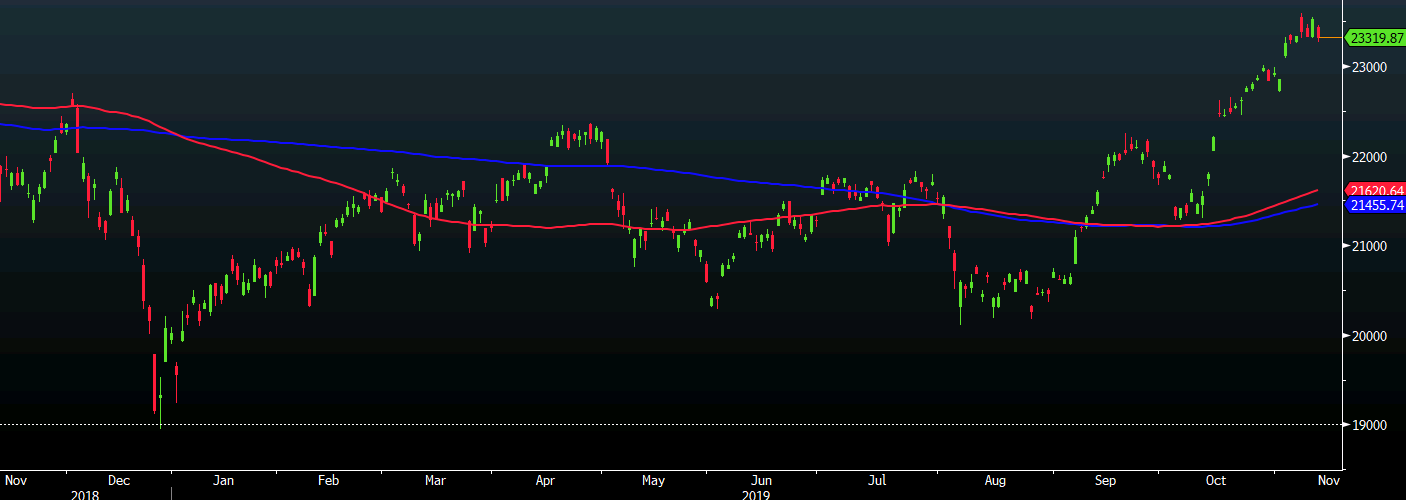 One trader wrote in that he was in a slump and wondered if he should switch markets or find another indicator.
One trader wrote in that he was in a slump and wondered if he should switch markets or find another indicator.
Do you ever find that you also want to blame something outside yourself?
One of my favorites used to be blaming ‘the system’ – the system is rigged against me: the brokers are the only ones getting rich, robbing me on these bid/asked spreads, hunting all my stops, etc.
When you blame an external situation, you are giving up control, and instead letting yourself be controlled by outside events. This converts you from a proactive trader into a reactive trader. Or a winner into a whiner.
If you are reacting after the fact in the markets, you are then letting your emotions start to control you, instead of planning how you will react to any set of circumstances.
You know how letting emotions control you turns out in the markets. You go broke.
You must believe that you control your own destiny. If you are not getting the results you expect of yourself, look inside yourself.
Start analyzing your actions and behavior. Are you hanging on to losses too long? Are you cutting profits too soon? Are you having trouble pulling the trigger only to watch in frustration as your trade wins without you?
These and other frustrations should clue you in that you need to fix some element of your trading plan. Evaluate your present situation, and if it needs to change, take decisive action and change it.


 One trader wrote in that he was in a slump and wondered if he should switch markets or find another indicator.
One trader wrote in that he was in a slump and wondered if he should switch markets or find another indicator. Hugh Hendry, the voluble hedge fund manager well known for his bearish but highly successful calls on the global economy over the past two years, has taken a big position that is designed to profit from a crash in China.
Hugh Hendry, the voluble hedge fund manager well known for his bearish but highly successful calls on the global economy over the past two years, has taken a big position that is designed to profit from a crash in China.
 I think investors are worried about the wrong kind of crisis in China.
I think investors are worried about the wrong kind of crisis in China.